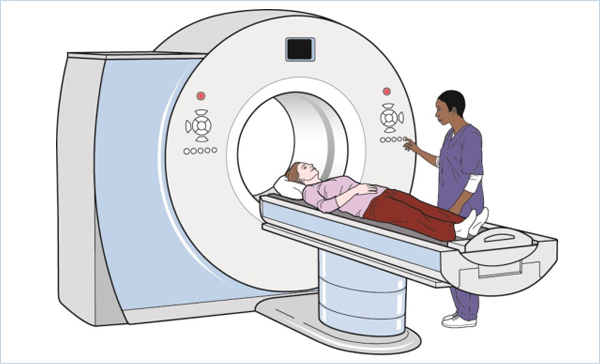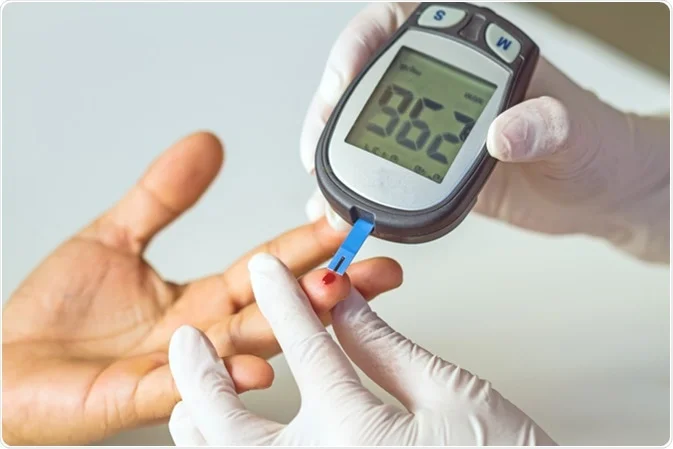
How to Prepare for a Diagnostic Test: Tips and Advice
Diagnostic tests are an essential part of medical care. These tests help diagnose health conditions and provide valuable information for treatment planning. However, proper preparation is crucial for accurate test results. There are various types of diagnostic tests like diagnostic test for malaria, diagnostic test for tuberculosis, diagnostic test for dengue and so on. In this guide, we'll provide you with helpful tips and advice on how to prepare for diagnostic tests.
Blood tests
Blood tests are one of the most common types of diagnostic tests. They are used to measure various aspects of your health, such as blood glucose levels, cholesterol levels, and more. To prepare for a blood test, you may be asked to fast for a certain period of time, usually 8-12 hours. This means you cannot eat or drink anything except water during this time. It's also essential to stay hydrated, so make sure to drink plenty of water before your blood test.
Imaging tests
Imaging tests like X-rays, CT scans, and MRIs are used to diagnose and monitor various health conditions. Depending on the type of imaging test, you may need to prepare in different ways. For example, for a CT scan, you may be asked to avoid eating or drinking for a few hours before the test. You may also need to remove any metal objects, such as jewelry or piercings, and wear comfortable clothing without any metal zippers or buttons.
Fasting tests
Some diagnostic tests require you to fast for a more extended period than usual. For example, the glucose tolerance test requires you to fast for at least 8 hours before the test and drink a sugary solution before the test. It's crucial to follow the fasting guidelines given by your doctor or lab to ensure accurate test results.
Other preparations In addition to fasting and hydration, there may be other preparations required for certain tests. For example, if you're scheduled for a colonoscopy, you may need to follow a specific diet and take laxatives to clean out your bowel before the procedure. It's essential to follow all instructions provided by your doctor or lab to ensure accurate test results.
In conclusion, proper preparation is essential for accurate diagnostic test results. Make sure to follow all instructions provided by your doctor or lab, including fasting, hydration, and any other preparations required for the specific test. If you have any questions or concerns about the test preparations, don't hesitate to contact your doctor or lab for guidance.
Other Posts

5 Flu-Fighting Foods for Boosting Immunity

Instructions for CT Patients

Importance of HbA1c Testing for Diabetes

MONKEY POX - What you need to know ?




